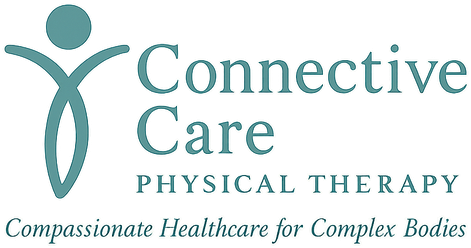Rest Is Rehab Too
Rest often gets left out of the rehab conversation. We talk about strengthening, stretching, mobility — but rarely about the role of stillness.
And yet, for patients with chronic illness, hypermobility, nervous system sensitivity, or pain flares, rest is not just allowed — it’s essential.
Why rest matters in healing
When your nervous system is overloaded, even gentle activity can feel threatening.
When your connective tissue lacks structure, your muscles may work overtime to compensate.
When you're constantly crashing, you're not building capacity — you’re surviving.
Rest gives your body a chance to regroup, regulate, and recalibrate.
Types of rest that matter:
Physical rest: time away from exertion
Sensory rest: low-light, low-sound environments
Emotional rest: not having to explain yourself
Cognitive rest: breaks from planning, screens, decisions
Social rest: boundaries around conversation or interaction
This isn’t avoidance — it’s strategy.
In PT, we balance movement with recovery
At Connective Care Physical Therapy, we build rehab plans that include:
Planned rest breaks during activity
Restorative positions and breathwork
Nervous system down-regulation after exertion
Permission to pause — without guilt
Rest isn’t a break from healing.
It is healing.
You’re allowed to rest. You don’t have to earn it.
[Give us a call at (631) 448-3764 or email at diana@connectivecarept.com]

